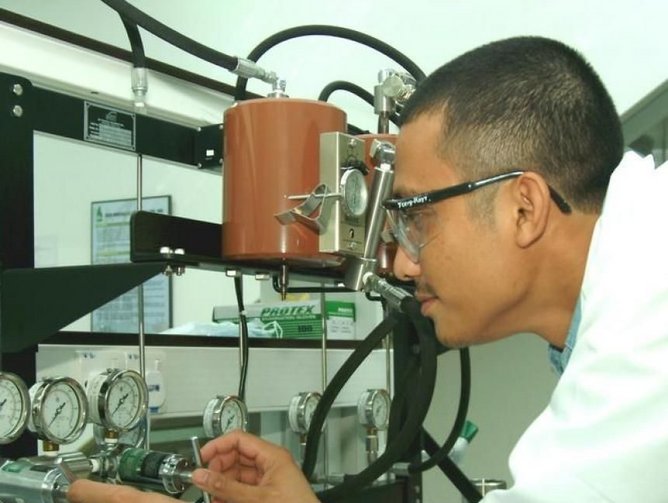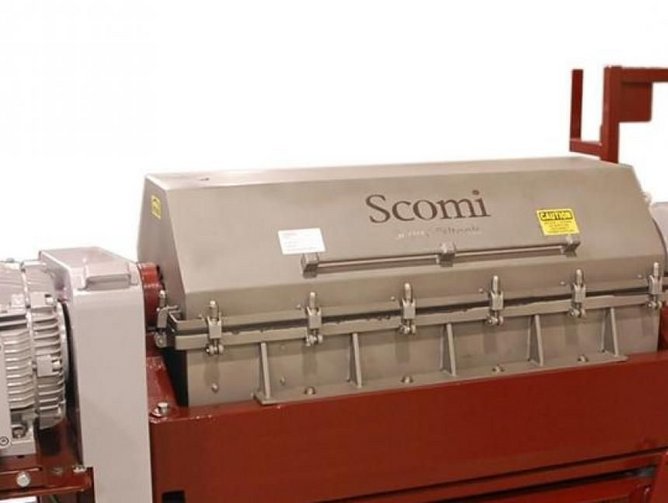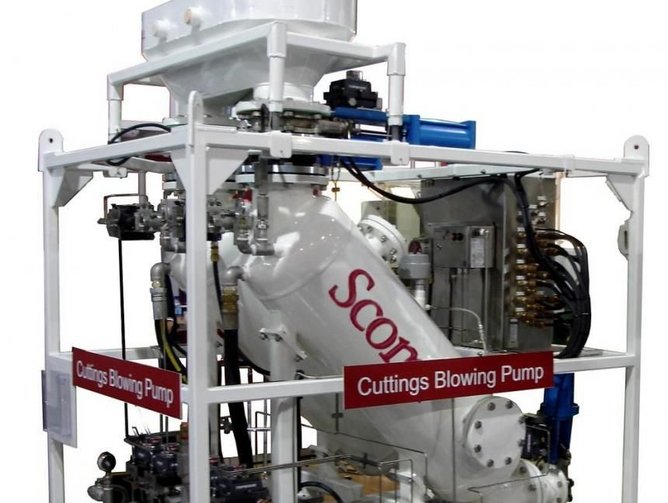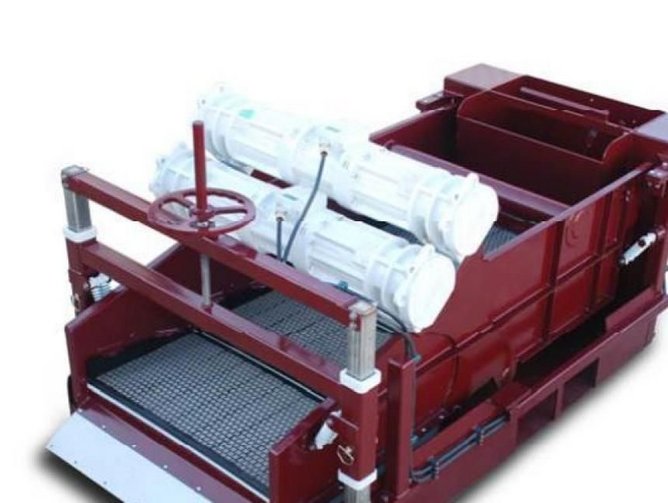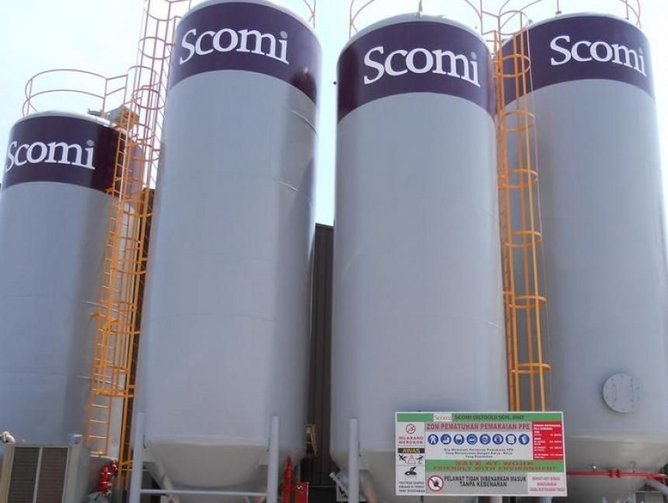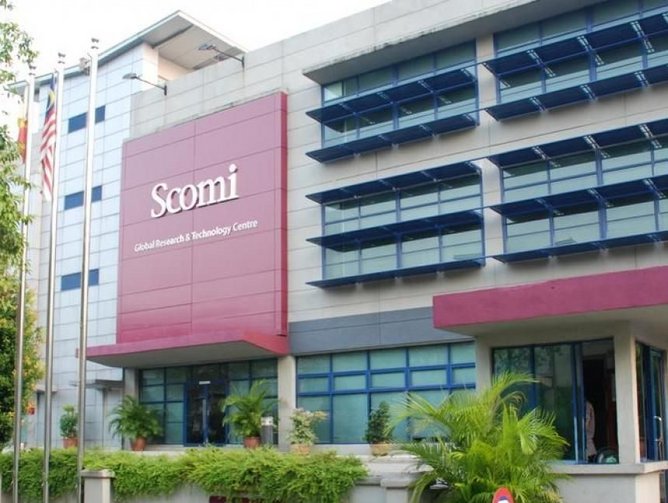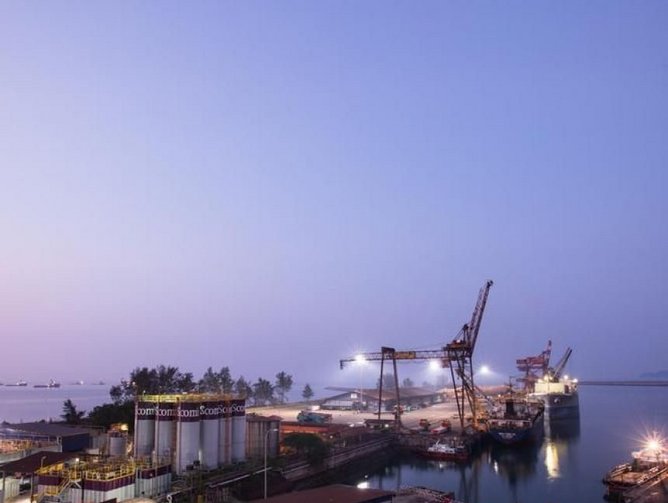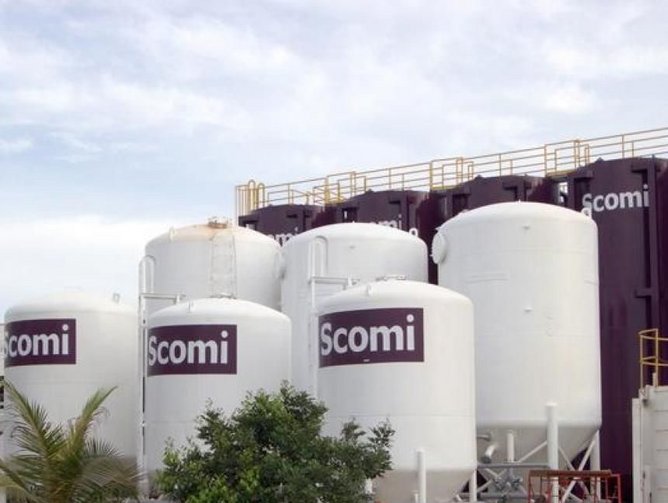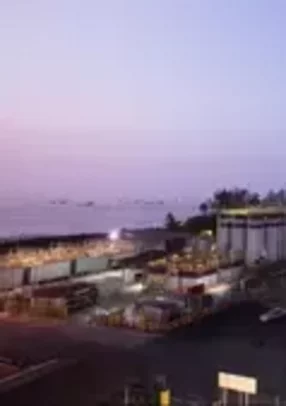
How the supply chain is keeping Scomi Group Bhd competitive
“I want to develop further a culture of thinking, not just sticking with the status quo because that is how we are used to doing things,” says Mastura Mansor, VP of Global Supply Chain for Scomi Group.
In order to remain competitive when bidding for new work, keeping a strong grasp on costs without sacrificing quality is paramount, and this, she says, can only be achieved by a supply chain team that thinks on its feet.
This is no small task, for Malaysia’s Scomi Group is one of the world’s leading providers of innovative high performance drilling fluid solutions and state-of-the-art drilling waste management equipment and services. Spread over 22 countries with a combined six decades of experience to draw upon, the company has served some of the world’s largest oil and gas corporations in their drilling activities. Whether this be through supplying best-in-class water-based and non-aqueous fluid technologies or waste management equipment, Scomi Group delivers solutions which also ensure minimal environmental impact.
For Mastura, a hands-on approach and understanding of every facet of the business is key to successful supply chain delivery. “We are currently present in 22 countries, which is a major operation and we are very much involved and familiar with the day-to-day operations, from bidding for tenders to the project work,” she says. “We have to be to understand the business needs and requirements of the supply chain.”
Big data
Mastura identifies the harnessing of data as critical to her team’s end-to-end visibility. What started as simply a buying function of the business is now a department that examines in meticulous detail the entire product journey, from supplier to storage to delivery on the front line for clients.
An engineer by trade, developing data analysis was a natural inclination. “Our team of analysts extract data from our systems and deliver us the information,” Mastura explains. “It is about how you use it and present it. Data mining is a skill we must develop and use further.
“We use an ERM system from SAP and from there we can look at what we buy the most, where the suppliers are from, what is housed where. And this is the catalyst to drive other initiatives that will make us more efficient. We can see how inventories can be shared globally, so rather than buying from a new supplier we can move materials we already have from another base.”
Another technological advancement Mastura is considering is e-procurement, which involves connecting with suppliers though an e-auction process. It is a project likely to be explored when volumes of ordering made by Scomi Group increase to the point where a new system is needed to streamline the process.
Supplier and transport network
When selecting suppliers, several crucial factors are considered by Mastura and the supply chain team, from proximity to the project in question to technical and commercial potential. Although the company mostly draws on the expertise of fellow global organisations, which often have presence near to Scomi client sites, Mastura will go local if the right boxes are ticked.
“It is not all about the numbers, though the right cost is a prerequisite,” she adds. “It is equally about technical capability, flexibility, knowledge contained in the business and dependability with a proven track record.”
Once supplier agreements have been made, another challenge arises in the form of transportation of the products from A to B, and onto the client. Mastura continues: “We are seeing challenges in transportation costs from one supplier base to another – oil prices have been falling but the cost of transportation is not following suit. At the end of the day it is about increasing our margins, so we are always looking at different logistics options on land, at sea and in the air.”
To further enhance cost efficiency, Mastura is also considering the option of outsourcing some of the company’s warehousing requirements. Although the fall in oil price has led to some reluctance in the market for this service, it is a channel that can be revisited in future months when the market steadies.
Harnessing talent
Ultimately, Mastura believes, with the right people on board the current and future challenges of ensuring the competitiveness of Scomi Group can be met.
“The challenges within the industry I believe are best met by on-the-job training,” she says. “I always believe that if you multitask then you become multi-skilled, and this is our approach. And from what I’ve seen today there are a lot of people out there, more so than the number of jobs we have, especially in this region.”
The business as a whole draws on 2,000 employees worldwide, with more than 200 trained and specialised drilling fluid engineers nurtured by ongoing training programmes. The company also has more than 900 trained and skilled drilling waste management engineers and technicians on its books.
Scomi Group harnesses the power of innovation to generate value for clients. Its Global Research and Technology Centre (GRTC) in Kuala Lumpur promotes innovation and excellence in drilling fluids and drilling waste management. Equipped with laboratories, test equipment and dedicated training facilities, GRTC’s key role is to provide technical support, including troubleshooting services for global operations.
The centre is also a key ally for Mastura and her team. “We work very closely with them,” she says. “Depending on the client requirements and the sort of well they are going to drill, the GRTC will innovate solutions and partner with our suppliers. The lab ultimately helps us to become more cost effective by optimising the chemicals we use and develop for clients.”
Sustainable growth
As Scomi Group continues to expand, the efficiency of the supply chain will be paramount to the business generating sustainable profits. Mastura states that the company is looking at complimentary businesses to go alongside the services already provided during and after the drilling process, adding more value for clients.
If expansion of services and activity is to be carried out effectively, end-to-end supply chain visibility becomes even more critical, which will involve the development of deeper understandings of suppliers and their strengths.
Mastura concludes: “Just buying will not cut it. You need to understand the product and the client environment, and this means developing a deep understanding of suppliers and working with them from the very beginning.”
“The suppliers are experts in their niche or product, and their knowledge is something we need to make the most of. We need to see who is ahead of the game in technology, who is expanding their portfolio in a way that is best for our business.”
